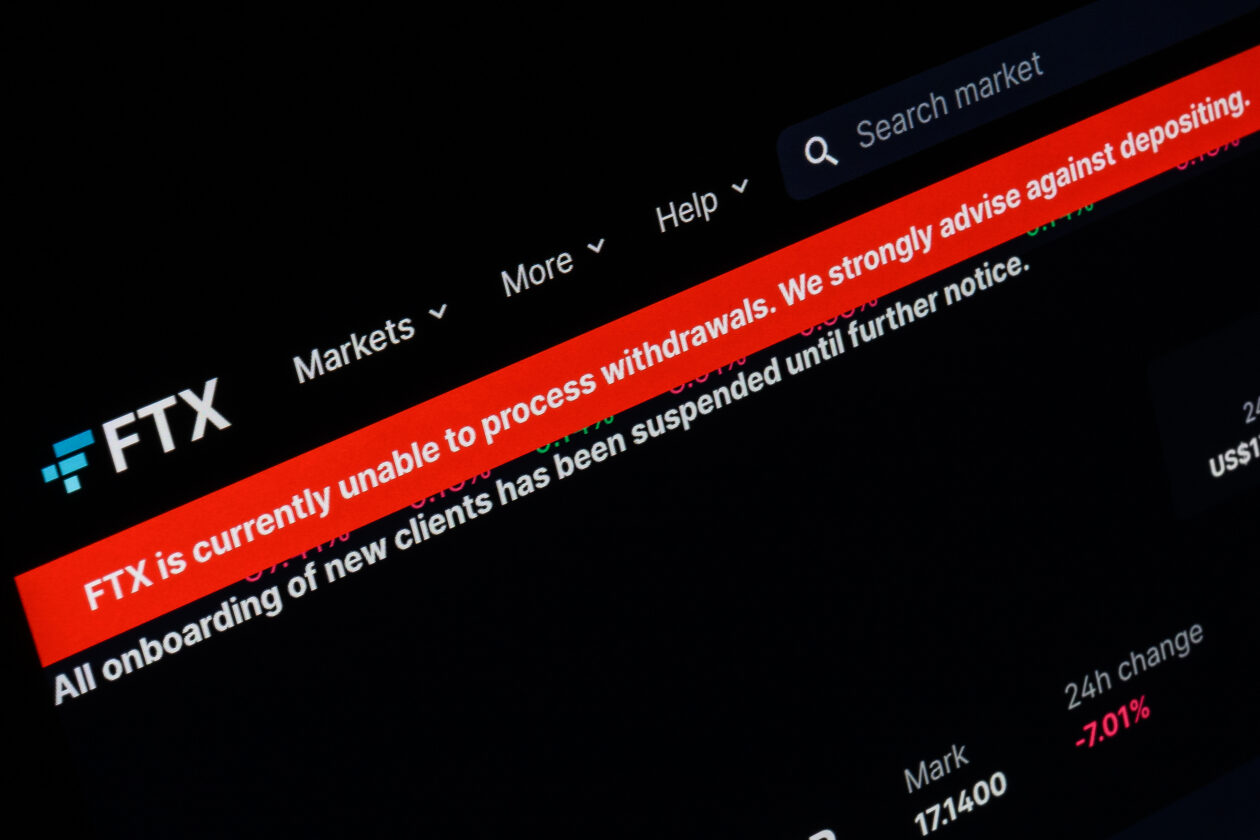The spectacular fall of FTX has nothing to do with crypto and everything to do with human failure — and what happens when greed, manipulation and deception go unchecked.
The aftershock of this scandal runs deep and will impact the sector for a long time. It’s also likely that regulators will want to come down hard, with many people pointing a finger and saying, I told you so. But this misses the point. If humans cannot be trusted, how do we mitigate the risk of corrupt human behavior?
The answer is greater transparency with the help of blockchain.
Transparency through decentralization
As a highly centralized entity, FTX was a closed shop, and very few could see how the company was being run until it was too late. Ironically it was this kind of centralization that the crypto sector railed against from the start, calling on blockchain — not regulators — to ensure openness and accountability.
Centralization was how traditional financial institutions operated and many still do — and the sector continues to fail many people. As demonstrated by the 2008 crash, the biggest threat to the system was the people behind it. Not everyone could be trusted, so regulators and policies are there to impose checks and balances.
Crypto isn’t regulated like traditional finance, but the same human deviance exists in the space. The collapse of FTX, like Lehman Brothers and others before it, was due to human failure. Not tech. Not code.
But regulation isn’t the answer to human error. Instead, we should leverage the blockchain and insist on a decentralized model of working. This would provide the transparency the sector currently lacks and desperately needs.
With decentralization, you’re leveraging the power of the blockchain to create the checks and balances that are required to ensure that organizations are well-run and have the best interests of consumers at heart. This can be done by getting the industry to insist on doing business through the creation of a smart contract, which is a contractual agreement between two parties run on blockchain in the form of computer code without any intermediary involvement. Because the contract is stored on a blockchain, which is a public database, it cannot be changed and transactions are open and visible to everyone at all times.
In addition to greater decentralization, the crypto community must work collaboratively and inclusively with knowledgeable global teams and diverse thought leaders to create a blueprint for crypto that is good for consumers, sustainable and climate-neutral, and offers real-world utility.
Leading with conviction
During this difficult time, there is an urgent need for conviction. The current climate around Web3 should create a natural flushing period where only those companies driven by ideals will survive and will be the winners of the future.
Much like the dot-com bubble bursting and the 2008 financial crisis eliminating companies that failed to put customers first, the current circumstances will test those with the time, resources and mettle to deliver a fundamental shift in how the world operates. Those who manage not only to survive and also thrive will undoubtedly display strong morals and principles as well as a compass of transparency for the sector.
Road to recovery
The promise of decentralized technology still requires a long-term commitment of both time and resources. It also requires a promise to have faith — and to remember that when things get difficult, only those with the strongest convictions survive.
During this bear market, where companies like FTX have crumbled, there’s been a boom in the number of developers and creators building exciting applications that are tackling real-world problems, improving financial inclusion and producing entertainment platforms that can spread joy for millions. These companies have conviction and are driven by purpose, not greed.
The road to recovery will be hard, but if we learn from our mistakes, the sector will embrace decentralization and the outcome will be worth it.
FTX is a wake-up call for us to mitigate human error and create a foundation that can bring crypto to the masses in a safe and purposeful way. This stability will allow us to build beyond the hype and free up more time to focus on what really matters — unlocking the potential of blockchain and what it can do for humanity.





